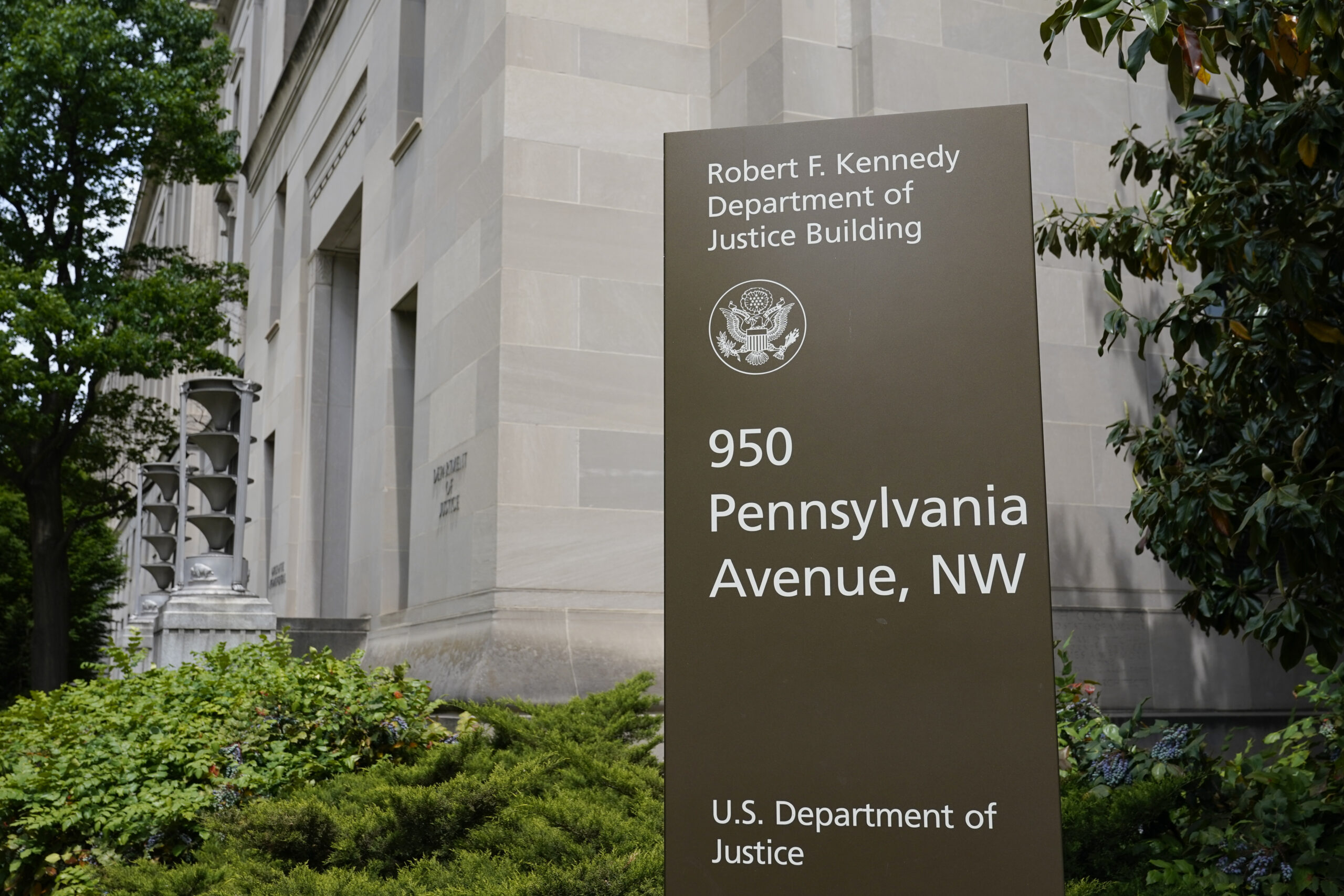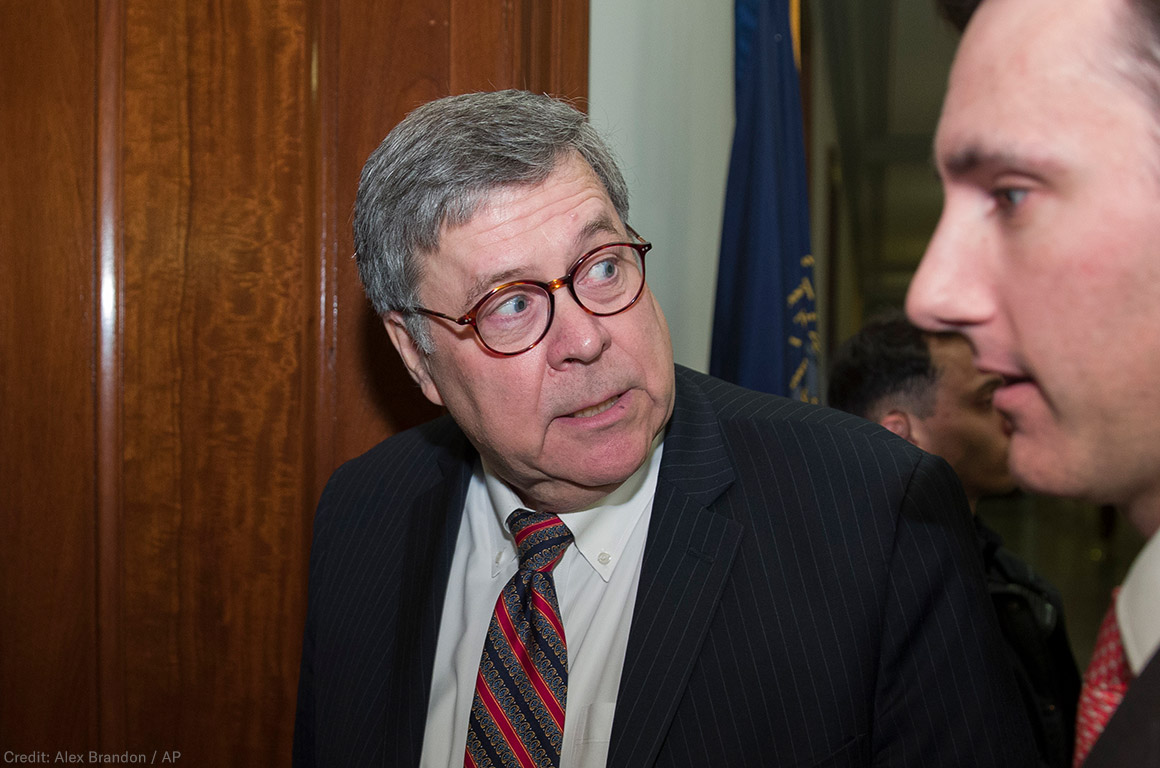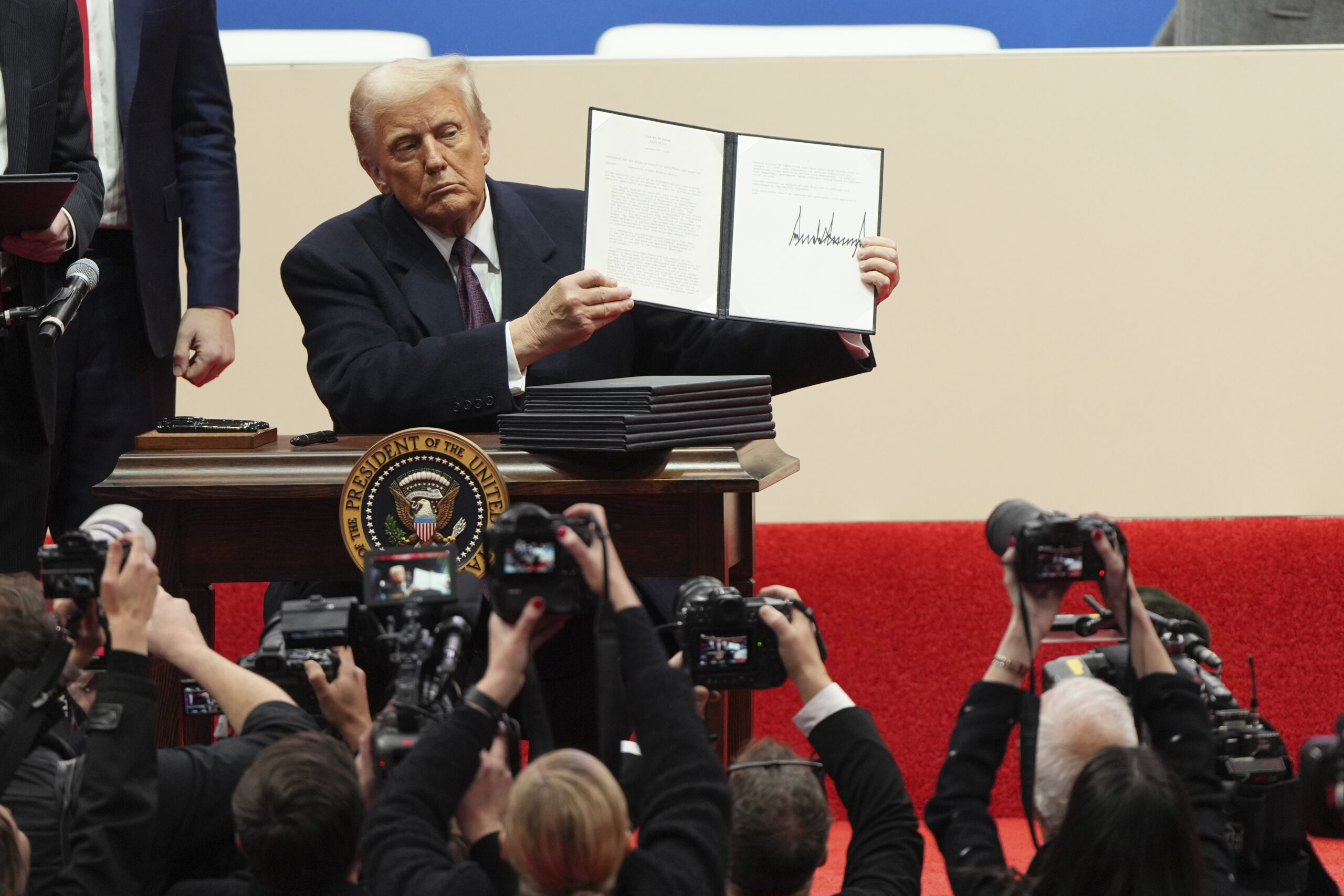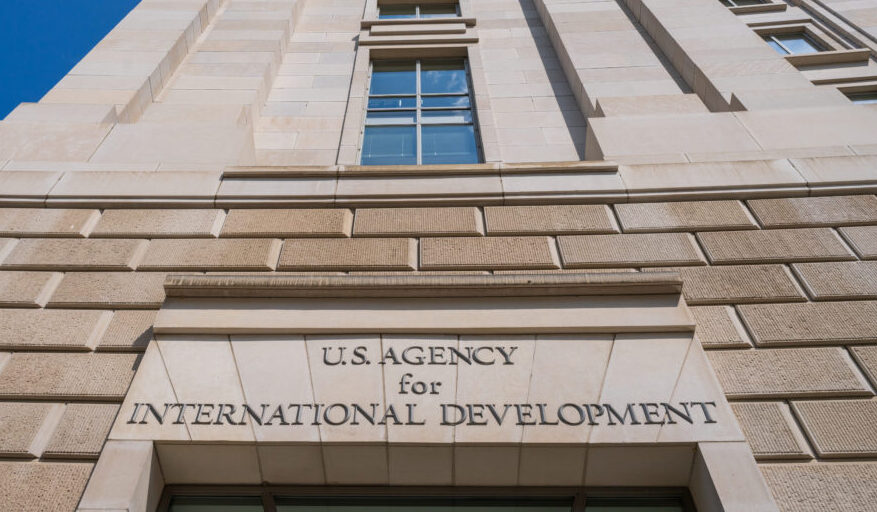berg80
Diamond Member
- Oct 28, 2017
- 25,172
- 21,179
- 2,320
- Thread starter
- #21
The U.S. Department of Justice (DOJ) said Thursday that legal barriers making it harder for a president to remove administrative law judges are unconstitutional.
This follows a pattern from President Donald Trump’s administration of trying to remove executive branch officials who are supposed to be protected from partisan influence.
Administrative law judges are members of the executive branch who preside over hearings regarding administrative disputes between federal agencies and affected parties. They serve both the judge and jury in these proceedings — having the authority to conduct hearings, issue subpoenas, review findings and administer rulings.

 www.democracydocket.com
www.democracydocket.com
Dotard continues to try to expand his authority beyond its legal scope.
This follows a pattern from President Donald Trump’s administration of trying to remove executive branch officials who are supposed to be protected from partisan influence.
Administrative law judges are members of the executive branch who preside over hearings regarding administrative disputes between federal agencies and affected parties. They serve both the judge and jury in these proceedings — having the authority to conduct hearings, issue subpoenas, review findings and administer rulings.

Trump DOJ Claims Barriers to Removing Administrative Law Judges are Unconstitutional
Read more here.
Dotard continues to try to expand his authority beyond its legal scope.



